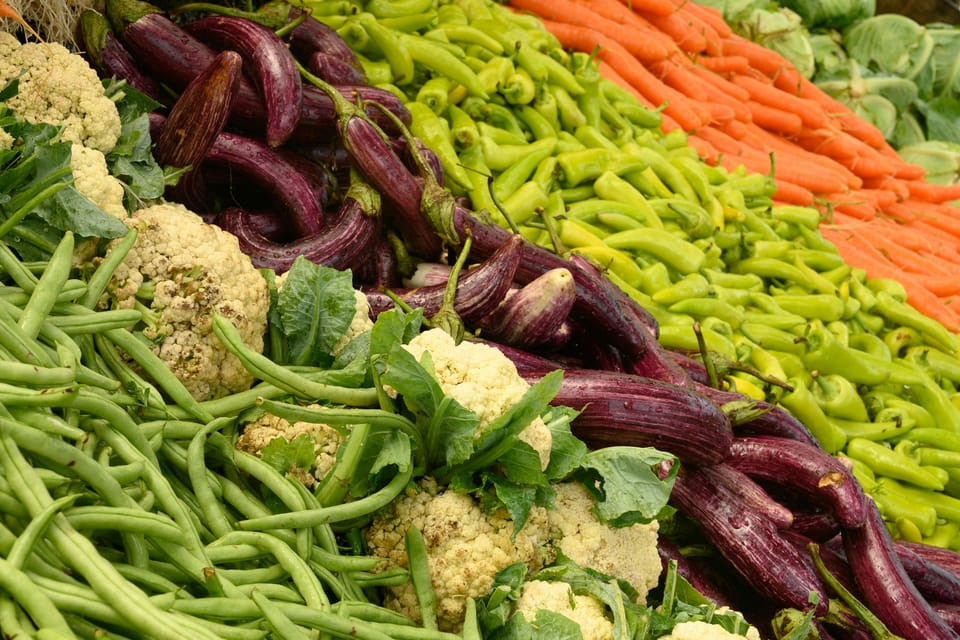Widespread Politicization of Food Aid and Agricultural Inputs

The distribution of food aid and agricultural inputs is a critical aspect in addressing global hunger and promoting agricultural development. However, the politicization of these resources often undermines their purpose, leading to inefficiencies and exacerbating socio-economic disparities. This article delves into the implications of politicized food aid and agricultural inputs, examining its impact on global food security and offering insights into potential solutions.
The Political Landscape of Food Aid
Food aid programs are intended to provide relief during crises such as famines, natural disasters, and conflicts. Nonetheless, political motives frequently shape the distribution of these resources, influencing where, when, and how aid is delivered.
- **Political Favoritism:** Governments and organizations might prioritize regions or communities that support their political agendas, leaving marginalized groups underserved.
- **Conditional Aid:** Donor countries may impose political or economic conditions on the recipient countries, which can complicate aid delivery and hinder effective implementation.
- **Corruption:** Politically driven mismanagement can lead to corruption, where aid resources are siphoned off by local officials or diverted to influential groups.
Impact on Agricultural Inputs
Agricultural inputs, such as seeds, fertilizers, and tools, are pivotal for enhancing productivity and achieving food security. However, their politicization mirrors the issues seen in food aid distribution.
- **Inequitable Access:** Farmers aligned with ruling parties may receive more inputs than those who are not, skewing productivity in favor of certain groups.
- **Quality and Suitability:** Politically influenced procurement processes can lead to the distribution of substandard or unsuitable inputs, negatively impacting agricultural outputs.
- **Distrust Among Farmers:** Politicization erodes trust in government programs. Farmers may become wary of schemes designed to support agricultural development, doubting their effectiveness.
Strategies to Mitigate Politicization
To mitigate the politicization of food aid and agricultural inputs, several strategies can be employed to ensure fair and effective distribution.
- **Transparency:** Implementing transparent processes for procuring and distributing aid resources can reduce corruption and favoritism.
- **Independent Oversight:** Establishing independent bodies to monitor aid programs can help to ensure accountability and impartiality in distribution.
- **Data-Driven Approaches:** Utilizing data analytics and geographic information systems (GIS) can help to identify the most vulnerable populations and allocate resources based on need rather than political affiliation.
- **Community Engagement:** Involving local communities in the planning and execution of aid programs can ensure resources are tailored to actual needs and build trust.
Takeaways
Understanding and addressing the widespread politicization of food aid and agricultural inputs is essential for improving global food security and agricultural sustainability. The following key points summarize the core issues and potential solutions:
- Political motives can significantly undermine the effectiveness of food aid and agricultural inputs, leading to unequal distribution and reduced productivity.
- Strategies such as transparency, independent oversight, data-driven planning, and community engagement are vital in mitigating the negative impacts of politicization.
- Building robust and accountable systems for aid distribution can foster trust and ensure that resources reach those who need them most.
Here's a thought to consider
Addressing the politicization of food aid and agricultural inputs requires concerted efforts from governments, international organizations, and local communities. By prioritizing equity and accountability, we can work towards a more food-secure world.
Looking for updates? Sign up to our newsletter for weekly snippets..


